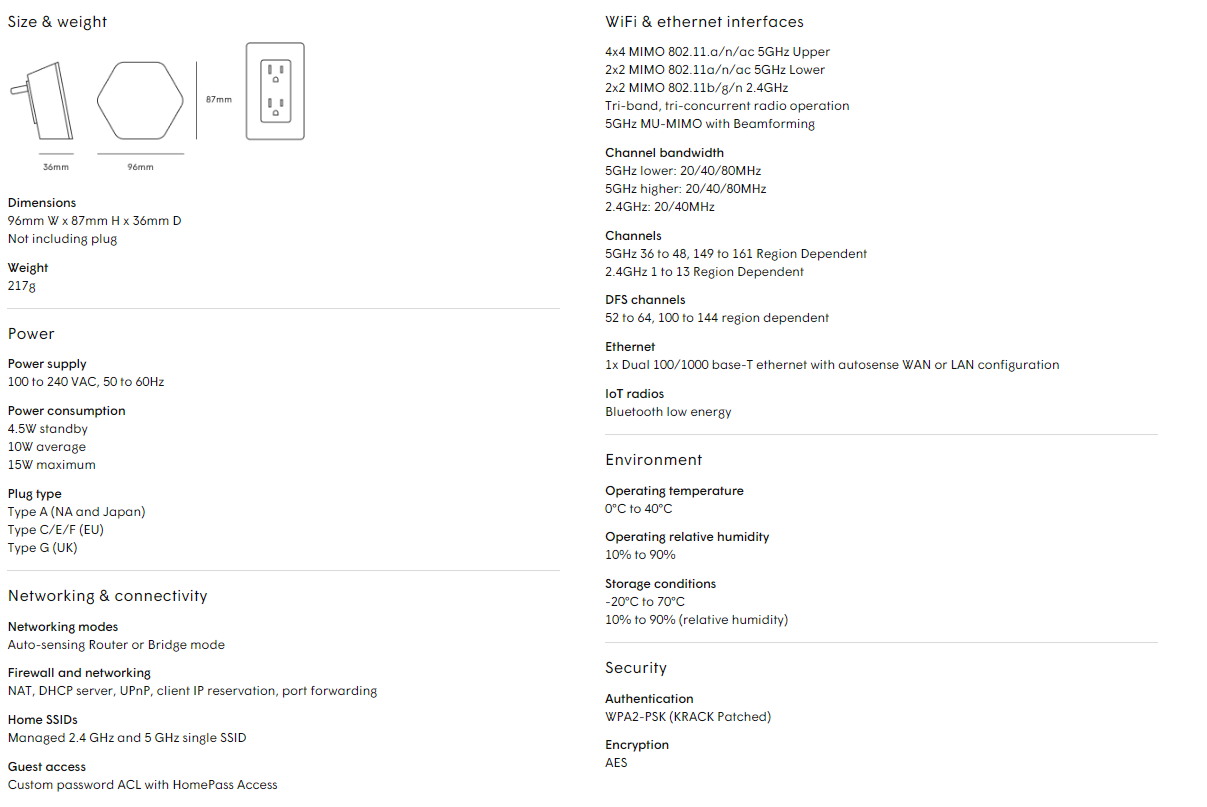In our digitally connected world, chatbots have become an integral part of online interactions. While many legitimate organizations employ chatbots for enhanced customer service, we all need to be aware of a darker side to this technology. Cybercriminals increasingly leverage chatbots for malicious activities, posing a significant threat to individuals and businesses.
At Citynet, we understand the importance of staying ahead of the curve regarding cybersecurity. That’s why we’ve partnered with industry leader KnowBe4 to offer top-notch security awareness training, equipping you with the knowledge to navigate the digital landscape safely.
Beware of Chatbot Scams
1. Chatbots on Scam Websites
One common tactic employed by cybercriminals is integrating chatbots into phishing websites. By doing so, they create an interactive and seemingly legitimate experience for unsuspecting users. If you click on a link leading to a scam website, a chatbot may guide you through the process of entering sensitive information. This heightened interactivity can make the scam appear more authentic, increasing the likelihood of falling victim to it.
2. Chatbots and Phishing Emails
AI-powered chatbots are also being used to craft convincing text for phishing emails. Cybercriminals can input a simple prompt such as “Write a phishing email that appears to come from Google,” and the chatbot generates an email that mimics the style of communication from a trusted source. These phishing emails often prompt recipients to perform actions like clicking on malicious links, putting them at risk of falling prey to cyber threats.
Protect Yourself with These Tips
Staying vigilant is crucial to safeguarding your online presence. Follow these tips to steer clear of chatbot scams:
1. Exercise Caution:
Even if a message appears legitimate, maintain a level of caution. Cybercriminals can use chatbots to impersonate reputable organizations, brands, or even people you know.
2. Scrutinize Emails:
When you receive an email, pause and look for red flags. Be wary of messages that urge you to click on links or provide sensitive information.
3. Verify Legitimacy:
Before sharing any sensitive information, take the time to verify the legitimacy of messages. Reach out to the sender directly using a different method of communication to confirm the authenticity of the request.
Empower Yourself with Citynet and KnowBe4
Citynet, in collaboration with KnowBe4, is committed to empowering individuals and organizations with the knowledge and tools needed to navigate the digital landscape securely. The KnowBe4 security awareness training platform goes beyond the basics, providing you with the insights to recognize and thwart cyber threats effectively. Get in touch with Citynet today – call us anytime to learn more: 1.844.CITYNET (844.248.9638)
Don’t let chatbot scams catch you off guard. Arm yourself and your team with the right knowledge and skills through security awareness training, and stay one step ahead of cybercriminals.








